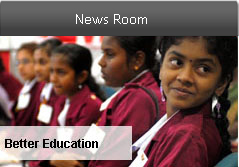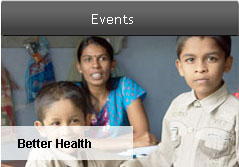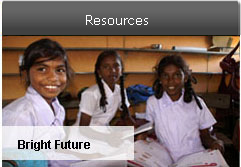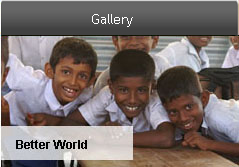Sri Lankan authorities are steering towards implementing foster care programme and only placing a child in an orphanage as a last resort.
The commissioner of the Probation and Child Care Department for the Eastern province had sent a circular preventing further addition of children into existing orphanages and establishing new orphanages/children homes.
Foster care is being implemented with involvement of various departments and related charitable organisations.
Type of Foster care implemented in Sri Lanka is known as Family and friends/ Kinship foster care where a child (orphan) is fostered by the most fit and suitable person from the extended family (Grandmother, Uncle, Aunt, and close family members).
Details of orphans are collected by the Department of Probation and Child Care. Other charitable and community organisations also help in identifying orphans. The department also identifies the most suitable foster parent from the extended family. Once the foster parent is established, officials from the Department of Probation and Child Care apply for permission from the magistrate. Once the permission is granted, the child is united with the foster parent and SLR 500 is given to each child per month.
On most occasions these children are cared for by members of the extended family due to natural affection. They apply to the magistrate to foster, through the department of Probation and child care.
In most instances foster parents are also poor as they would have lost their livelihoods and income generating recourses due to the Tsunami and in the conflict. Therefore these families need additional support to look after these children.
AEDU-Sri Lanka identifies these families and provides monthly financial support for these children or initiates a stable income generating programme for these families and monitor the wellbeing and educational progress of these children.
AEDU-Sri Lanka extended this programme to other poverty stricken families as well: where the family has lost the bread winner, where parents are physically or mentally handicapped, where the family income is poor , where the family lives in refugee camps and the bread winner is unable to work.
|







